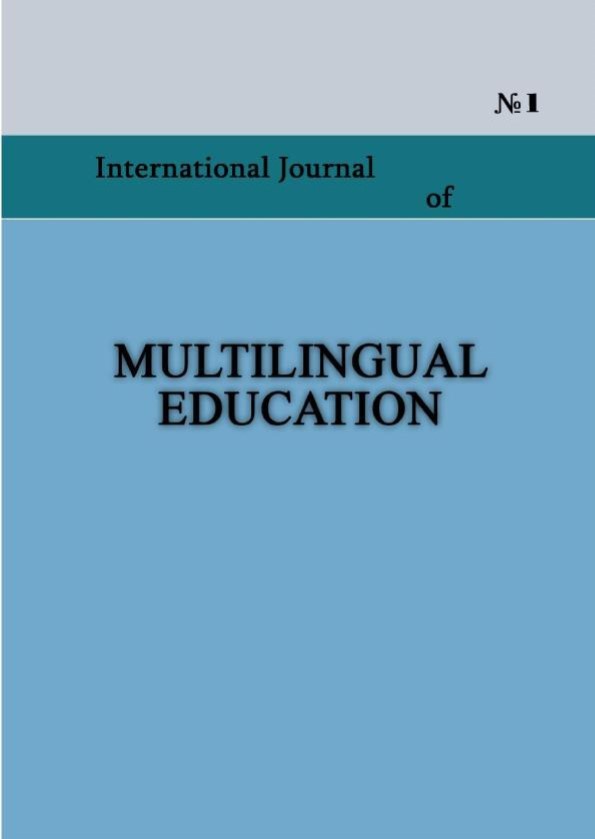FORMATION OF LEARNERS’ (SCHOOLCHILDREN) SOCIO-CULTURAL COMPETENCE IN MULTILINGUAL AND MULTICULTURAL ENVIRONMENT
Keywords:
multilingualism, multicultural, socio-cultural, intercultural communica- tion, socio-cultural competence.Abstract
The article is devoted to the study of peculiarities of multilingual education in schools under conditions of multicultural region. There are considered such issues as aspects of intercultural communication, formation of socio-cultural competence of learners (schoolchildren).
References
Bulankina N. Ye. Language. Culture. Education. Experience of philosophical comprehension/ Bulankina N. Ye. // Siberian teacher. – 2010. - №6(73). – p. 12- 18.
Velichko T.N. Formation of learners’ socio-cultural competence at the classes of the Russian language / Velichko T.N. // Russian language in school. – 2011. - №4. – p. 5 -11.
Yegoshina T.S. Socio-cultural aspect in foreign language learning / Yegoshina T.S. // [on-line resource]: http://festival.1september.ru/articles/529327/
Mayorova T.M. Onomastics in linguistics and local history studies / T.M. Mayorova // Russian language in school. – 2000. - №3. – p. 23 -28.
Shirin A.G. Pedagogical aspects of bilingualism: development of new scientific school / Shirin A.G. // [on-line resourse]: http://edu.novgorod.ru
Linguistics. New Collegiate Dictionary / [V.N. Yartseva]. – 2nd edition. – Moscow: Great Russian Encyclopedia, 2000. – 688 p
Published
How to Cite
Issue
Section
License
Copyright (c) 2013 Nataliia Lobachova

This work is licensed under a Creative Commons Attribution-NonCommercial 4.0 International License.
Copyright (c) - Authors who publish with this journal agree to the following terms: Authors retain copyright and grant the journal the right of first publication with the work simultaneously licensed under a Creative Commons Attribution-Noncommercial 4.0 International License, which allows others to share the work with an acknowledgement of the work's authorship and initial publication in this journal. Authors are permitted and encouraged to post their work online (e.g., in institutional repositories or on their personal website) prior to and during the submission process, as it can lead to productive exchanges, as well as earlier and greater citation of published work (see The Effect of Open Access). Authors may enter into separate, additional contractual arrangements for the non-exclusive distribution of the journal's published version of the work (e.g., post it to a repository or publish it in a book), with an acknowledgement of its initial publication in this journal.

